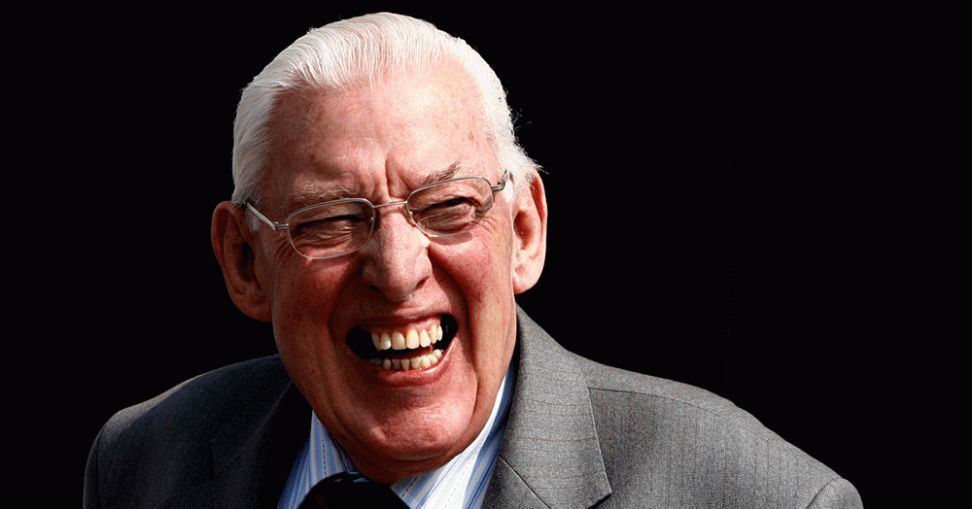With the two hundred and thirteen year union between the north of Ireland and Great Britain looking increasingly at risk of losing a Scottish limb this Thursday, Trinity students began to dissect the news that the Rev Ian Paisley, for so long the dominant voice of British unionism in these isles, had passed away.
Whilst Deputy First Minister Martin McGuinness paid a generous tribute on Twitter to his former colleague, one student, a Sinn Féin supporter from a border county, who asked not to be named, was less deferential, telling Trinity News, “I hope him and Maggie [Thatcher] are enjoying the weather where they are.”
Dahnan Spurling, a Senior Freshman science student, said, “Well they say you shouldn’t speak ill of the dead, but I think in his case I can make an exception.”
Others were far less animated by the news of his passing: an indication perhaps of how distant the violence and divisions of the Troubles have become to this generation of students.
“To be honest, I don’t know enough about him to give a fully-informed comment, but from what I gather he was a bit of an idiot,” one international student, Stepan Lavrouk, said.
Most were more nuanced in their opinion of the departed. “I think that what might get lost in the posthumous coverage is the level of hate the man harboured. His contribution to the peace process should only be recounted in the manner it was delivered, begrudgingly,” Maurice Casey, a Senior Sophister student of history told Trinity News.
Another history student, Michael Barton, hoped the press would not use “the occasion of his death to whitewash his extremely conservative, violently sectarian legacy.”
One Northern Irish student, Jane Henry, hoped the former DUP leader’s passing would help the province move on from the Troubles, insisting, “It can’t be denied that [he] was a key figure – along with others from both sides of the conflict – in inciting hatred in Northern Ireland and leaving a dark cloud for many generations to follow, [including mine]. Not to take away from the bereavement that accompanies death, of course, but I can only hope that with the passing of such an influential figure… we can bury these past wrong doings and hatred incited by politicians such as Mr Paisley and finally leave all that where it belongs – to rest.”
Another Northerner disagreed, opining that Dr Paisley’s legacy to Northern Ireland was one of peace. “He proved that any person, and any society, can embrace peace and put conflict and hatred behind them,” he maintained.
Despite its age-old reputation as a historic bastion of unionism in Ireland, none of the students canvassed by Trinity News came anything close to offering the fulsome tributes to the departed offered by former colleagues and associates up North.
Overwhelmingly, most people expressed polite sentiments of condolence balanced by appreciation for Dr Paisley’s work during the peace process, if not his earlier role earlier in the conflict as the uncompromising voice of right-wing unionism.






